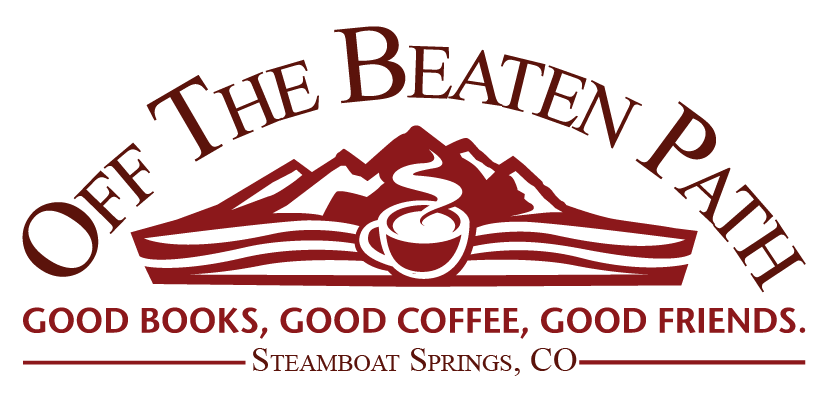
150 Food Science Questions Answered: Cook Smarter, Cook Better
Description
Cooking isn't just an art, it's a science—150 fascinating food facts to make you a better cook
Does cold water come to a boil faster than warm water? Why does fat taste so good? What makes popcorn pop? Most of the processes that occur during cooking are based on principles found in biology, chemistry, and physics. 150 Food Science Questions Answered is an intriguing look into the science of food, from the eyes of a food science Ph.D. candidate and recipient of the James Beard Legacy Scholarship.
Learn food science—how controlling heat, moisture, acidity, and salt content can magically transform the way flavors are developed and perceived. Understand the food science behind the few hundred milliseconds that creates our sense of taste. With increased knowledge will come increased mastery, no matter what you're cooking.
Inside 150 Food Science Questions Answered you'll find:
- Can you control garlic's intensity by the way you cut it?—Garlic's signature burn is released when its cell walls are cut into. Whole garlic will impart mild flavor; garlic crushed into a paste will deliver the strongest punch.
- Does alcohol burn off when cooked?—Quick processes like flambé eliminate only about 25% of alcohol, while long-simmering can remove almost all of it.
- Does searing a steak seal in the juices?—No, but it does develop delicious flavors through a process called the Maillard reaction.
Learn food science and you'll be on your way to truly understanding the chemistry of cooking.
Praise for 150 Food Science Questions Answered: Cook Smarter, Cook Better
“Science is everywhere, and cooking is no exception. Bryan does a fantastic job breaking down and exploring the tiny little details that go into home cooking from the pan you use to the type of bread you bake. It's a great introduction to the world of food science and will allow you to think more about how you cook and what goes on in the food you eat.” —Adam Yee, food scientist and host of My Food Job Rocks!
“Whether you're trying to up your game as a chef or just trying to figure out whether you can eat that thing that's been in your refrigerator for weeks, this book is for you! This book has all the questions you've ever asked about food, cooking, and kitchen gear. As a food scientist, I appreciated Bryan's expertise, sense of humor, and the nerdy details. As a busy mom of two, I love how every question comes with a quick Yes/No/Maybe and a Bottom Line Kitchen Takeaway message. This book deserves a permanent spot in your kitchen as the ultimate resource for cooking and food (science).” —Danielle Robertson Rath, food scientist and best-selling author of How to Get Sh*t Done When You Feel Like Sh*t and Are You a Monster or a Rock Star: A Guide to Energy Drinks
“A must-have kitchen companion for curious home cooks! Bryan Le provides practical insights on how food science can help instantly improve your cooking skills. Readers learn the why behind the techniques, empowering them to tackle the most common kitchen challenges with ease.” —Jessica Gavin, certified food scientist, certified culinary scientist, author of Easy Culinary Science for Better Cooking
“A wonderful resource for the curious cook and food science professional alike. Amidst a sea of misinformation surrounding food and science, this book can serve as your own personal fact-checker. Bryan's expertise shines through in these well researched and easy to understand explanations. No matter how much you may think you know about food and cooking, you're bound to learn something new!” —Erin, Food Science Babe




